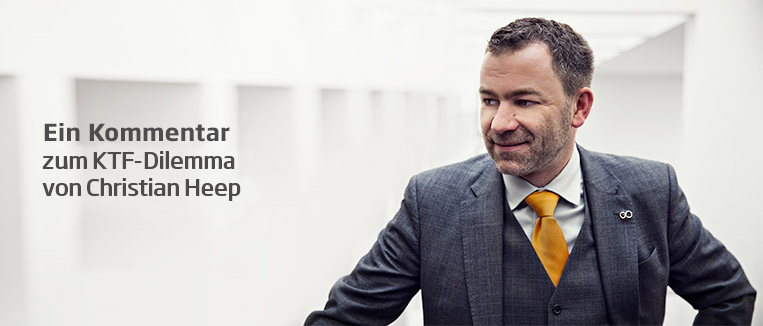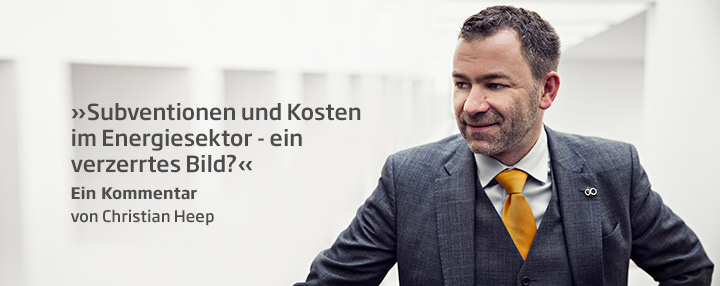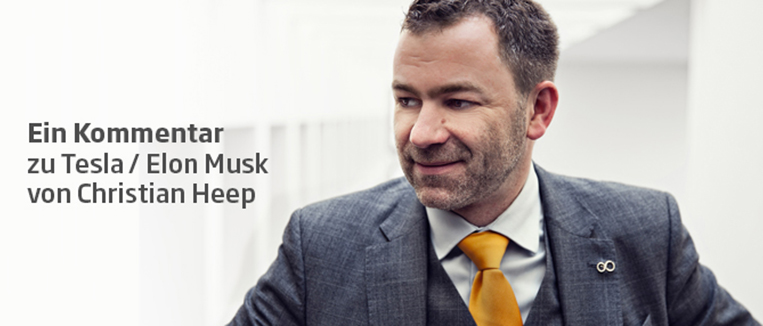
Green Economy first / 60+ billion euros found steering effect through fossil subsidy reduction in response to the KTF dilemma
The current discussion on the ruling of the Karlsruhe Federal Constitutional Court on the Climate and Transformation Fund (KTF) was the focus of the last BEM Lounge on 16 November 2023 in Berlin. MP Stefan Gelbhaar, member of the Transport Committee of the German Bundestag and Parliamentary Advisory Board member of the German eMobility Association (BEM), was among those who took part and discussed the impact of the €60 billion shortfall with industry players from the new mobility sector.
»From our point of view, a distribution race is looming to finance the necessary investments in climate protection and the measures to promote the ongoing transformation in the energy and mobility sector, in which we must ensure that the decarbonisation strategy is finally logically embedded in diversification processes,” says BEM Vice President Christian Heep and adds: “The end of fossil investments and their promotion is consistently logical and creates considerable financial freedom to be able to present the financing gap even without an end to the debt brake and, depending on the actual design, also without additional funds that burden the budget. Climate-damaging subsidies are significantly delaying the necessary transformation towards a climate-neutral green economy. Now is the time to make bonus-malus principles, which we have been proposing and calling for since the association was founded, a reality in economic policy in order to ensure a sustainable future.«
In order to mobilise the necessary funds for the energy and mobility transition, fossil fuel subsidies that are harmful to the environment and climate should be phased out quickly, said Heep.
The German government subsidises fossil fuels such as coal, oil and natural gas to the tune of over 25 billion euros a year. In total, the Federal Environment Agency arrives at an annual subsidy volume consisting of additional state expenditure and reduced revenue of over 65 billion euros. A reduction in subsidies is even included in the coalition agreement of the coalition parties and would create sufficient financial leeway to close the funding gap and support the transformation of the industry. Unfortunately, new environmentally harmful subsidies have recently been introduced in the form of the petrol tank discount and the electricity and gas price brakes, which are diametrically opposed to the idea of saving fossil fuels and raw materials.
In addition to the reduction of climate-damaging subsidies, the introduction of a bonus-malus system in the mobility sector is another promising approach. Such a CO2-based vehicle tax reform would make more environmentally friendly vehicles cheaper, while more climate-damaging vehicles would be more expensive to run. In total, a further 10 to 12 billion euros a year.
France, for example, has reorganised its CO2 surcharge on car sales from 2024 and is also imposing a weight penalty tax. This combined penalty system has been in place since 2008 and is having a real steering effect. The progressively staggered penalties apply from CO2 emissions of 117 g/km, with 1,000 euros payable from 141 g/km, 5,000 euros from 163 g/km and a whopping 60,000 euros from 193 g/km. This influence on the purchase of new cars by the French encourages the purchase of environmentally friendly vehicles and thus reduces the consumption of fossil fuels.
“These additional funds that are freed up relieve the burden on the state budget,” says Heep, and would provide incentives for sustainable mobility and massively promote decarbonisation. These measures would also contribute to the establishment of a green economy that secures domestic jobs and creates new ones, increases value creation and thus promotes prosperity. At the same time, we would be able to achieve the environmental and climate protection targets we have set ourselves. It would also increase the potential for innovation and exports in the field of green technology and boost international competitiveness. “Green Economy first” would be a catapult accelerator for the entire economy and would have almost exclusively positive effects at all levels.
In this endeavour, it will also be necessary in many places to break up traditional structures, orientate ourselves forwards – towards the future – and finally leave the eternally yesterday behind us. Let’s get on with it.






